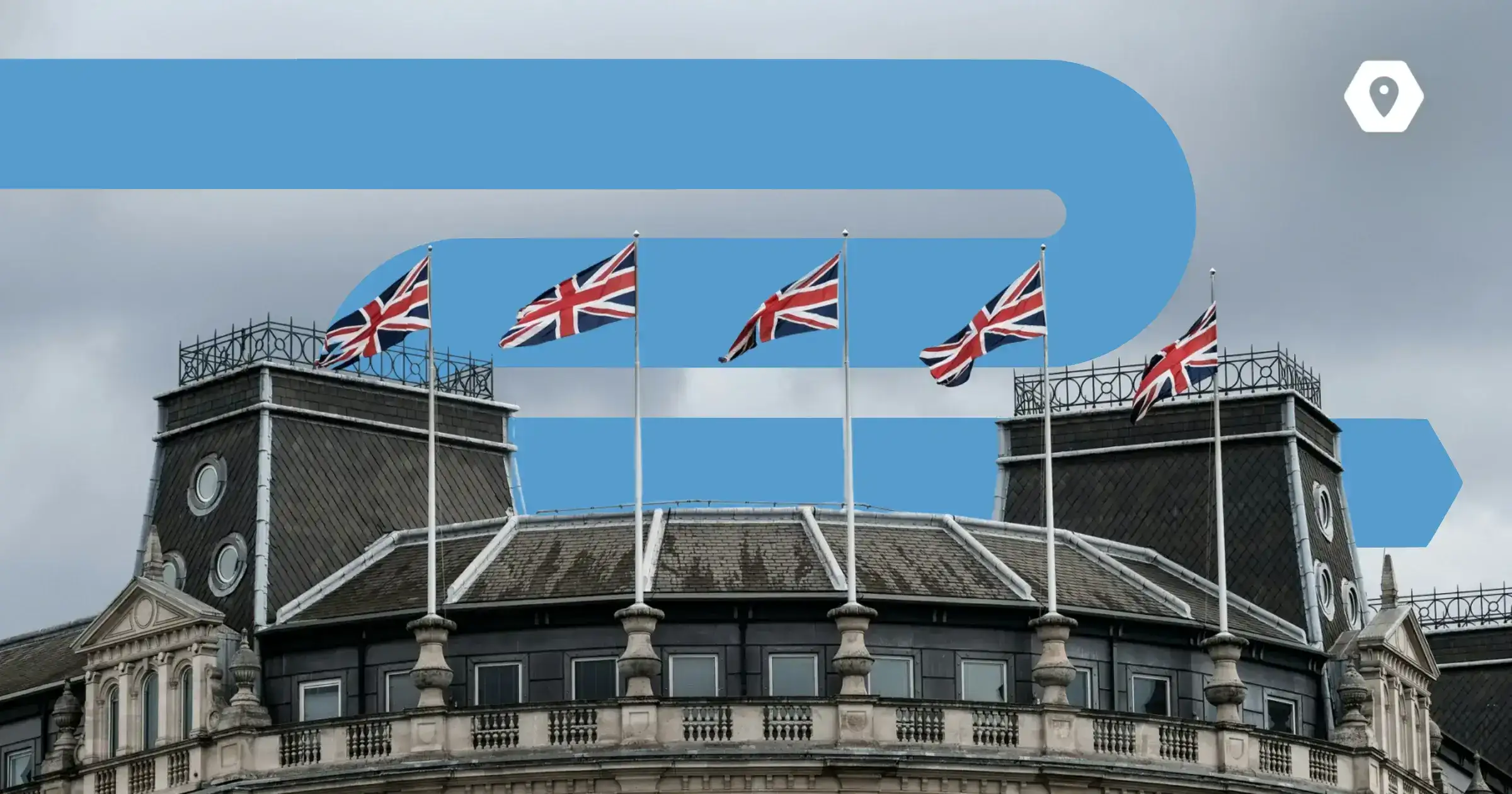- Apply Early: Start the renewal process 1–3 months before the visa expires to avoid delays and overstaying.
- Track Deadlines: Use automated systems to monitor visa expirations and ensure timely applications.
- Ensure Compliance: Conduct right-to-work checks and transition to e-Visas by December 31, 2024.
- Avoid Overstaying Risks: Overstaying can lead to fines, loss of legal status, and employer penalties.
- Support Employees: Provide clear guidance and resources to help employees navigate the renewal process.
Introduction
For HR operations and employee services teams, managing UK visa renewals for international employees is a critical task to ensure compliance with immigration laws and maintain workforce stability. Missing visa renewal deadlines can lead to overstaying, which carries serious consequences, including fines, loss of legal status, and potential bans on future visa applications. This guide outlines key deadlines, processes, and best practices to help HR teams support employees in renewing their UK visas on time.
Key Deadlines for UK Visa Renewals
- Application Timing: Employees must apply for a visa renewal before their current visa expires, ideally 1–3 months in advance, to avoid gaps in legal status. The UK government advises starting the process approximately three months before expiration to account for processing times, which can take up to 8–12 weeks for standard applications or 2–5 days with priority services.
- Skilled Worker Visa: Extensions must be applied for within 3 months of the issuance of a new Certificate of Sponsorship (CoS) or before the current visa expires, whichever is sooner.
- Grace Period for Overstayers: If a visa expires, employees have a 14-day grace period to apply for a new visa or renewal, provided they have a valid reason (e.g., medical emergency). However, this is risky and should be avoided.
- Biometric Residence Permit (BRP) Transition to e-Visa: All BRP holders must apply for an e-Visa by December 31, 2024, to maintain their immigration status. This impacts right-to-work checks and requires HR to ensure employees have updated digital records.
Consequences of Overstaying
Overstaying a UK visa can have severe implications for both employees and employers:
- Employees: Overstayers risk fines, loss of access to public services (e.g., NHS), and complications or refusal of future visa applications. Prolonged overstaying may lead to re-entry bans.
- Employers: Employing an overstayer can result in fines of up to £20,000 per worker, potential revocation of the sponsor licence, and reputational damage.
- Loss of Right to Work: Employees who overstay lose their legal right to work, which may lead to termination if not resolved promptly.
Steps for a Smooth Visa Renewal Process
- Monitor Expiry Dates: HR teams should implement systems to track visa expiration dates, using calendar reminders or platforms like Jobbatical or Deel for automated alerts.
- Prepare Documentation: Ensure employees have required documents, including a valid passport, current visa details, a new CoS (for work visas), proof of continuous employment, and evidence of maintenance funds.
- Apply Online: Employees should submit applications via the UK Visas and Immigration (UKVI) website, ensuring all details match their documentation. Biometric appointments must be booked at a UKVCAS centre.
- Use Employer Checking Service (ECS): Employers can verify an employee’s right to work during the renewal process using the Home Office’s ECS, especially if a visa application is pending.
- Avoid Travel During Application: Employees must remain in the UK during the renewal process, as traveling abroad may lead to application withdrawal.
- Leverage Priority Services: For urgent cases, employees can use Priority Service (5 working days) or Super Priority Service (next working day) to expedite decisions, though availability may be limited.
Best Practices for HR Operations
- Proactive Communication: Regularly communicate with employees about their visa status and upcoming deadlines to prevent last-minute issues.
- Training for HR Staff: Provide training on immigration compliance, including e-Visa transitions and right-to-work checks, to avoid penalties.
- Use Technology: Platforms like Deel or Jobbatical can streamline visa management with dashboards for tracking applications and automated compliance checks.
- Support for Dependants: Ensure employees’ dependants (e.g., spouse, children) apply for visa extensions simultaneously to maintain family unity.
- Seek Legal Advice: For complex cases or overstaying issues, consult immigration lawyers like those at DavidsonMorris or IAS to navigate risks and ensure compliance.
Conclusion
Effective management of UK visa renewals is essential for HR operations and employee services teams to maintain compliance and support international talent. By understanding deadlines, preparing documentation, and leveraging technology and legal expertise, HR teams can ensure a seamless renewal process, avoid overstaying risks, and foster a compliant and productive workforce. For further guidance, visit the UKVI website or consult immigration experts.
Disclaimer:
Immigration laws and policies change frequently and may vary by country or nationality. While we strive to provide accurate and up-to-date information, we recommend doing your own due diligence or consulting official sources. You're also welcome to contact us directly for the latest guidance. Jobbatical is not responsible for decisions made based on the information provided.


.svg)










.svg)
